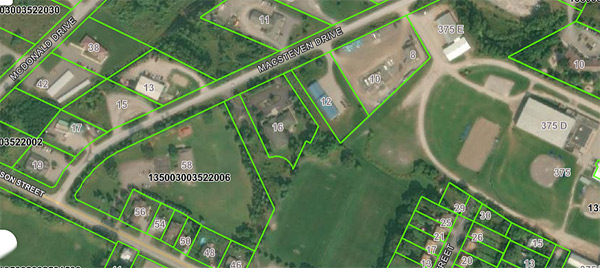In a pivotal development for Prince Edward County’s healthcare landscape, municipal officials have greenlit a strategic land sale that will significantly advance the long-anticipated Picton Community Health Hub project. The decision, confirmed during Thursday’s council meeting, marks a crucial milestone in addressing the region’s growing healthcare needs through innovative community-centered solutions.
The property, located adjacent to the former Queen Elizabeth School grounds, will be sold to the Prince Edward County Family Health Team for $350,000—a figure that reflects both market value assessments and the critical social importance of the development. Council’s unanimous approval underscores the broad support for enhancing local healthcare infrastructure in a region where access to comprehensive medical services has been historically challenging.
“This represents far more than a simple property transaction,” explained Mayor Steve Ferguson. “By facilitating this health hub development, we’re creating a foundation for integrated care that will serve County residents for generations to come. The collaborative approach between municipal government and healthcare providers exemplifies what’s possible when community needs drive decision-making.”
The planned health hub will consolidate various medical services under one roof, creating a centralized location for primary care, mental health support, diagnostic services, and preventative health programs. Such integration is increasingly recognized as essential in rural healthcare delivery, where fragmented services often create barriers for patients navigating the healthcare system.
Dr. Elizabeth Reynolds, Medical Director for the Family Health Team, emphasized the transformative potential of the project. “The evidence is clear that comprehensive community health hubs lead to better health outcomes, reduced emergency department visits, and improved patient satisfaction,” she noted. “This facility will allow us to attract and retain healthcare professionals while providing a collaborative environment that benefits both practitioners and patients.”
Financial details revealed that the municipality will direct proceeds from the sale toward affordable housing initiatives—effectively leveraging one community asset to strengthen another critical area of need. This approach reflects a growing trend in municipal governance that seeks to create synergistic solutions to interconnected social challenges.
The development timeline envisions architectural planning to commence immediately, with construction potentially beginning as early as spring 2024. When completed, the hub will join similar successful models implemented in communities like Belleville and Kingston, which have demonstrated significant improvements in healthcare accessibility and coordination.
Community response has been overwhelmingly positive, with residents praising the initiative’s potential to address longstanding concerns about healthcare accessibility in Prince Edward County. Local business associations have also expressed support, noting the economic benefits of enhanced healthcare infrastructure for workforce development and community growth.
As our population ages and healthcare delivery evolves, how will community-based models like the Picton Health Hub reshape our expectations of rural healthcare access and quality? The answer may well determine the future of sustainable healthcare in communities across Canada.










